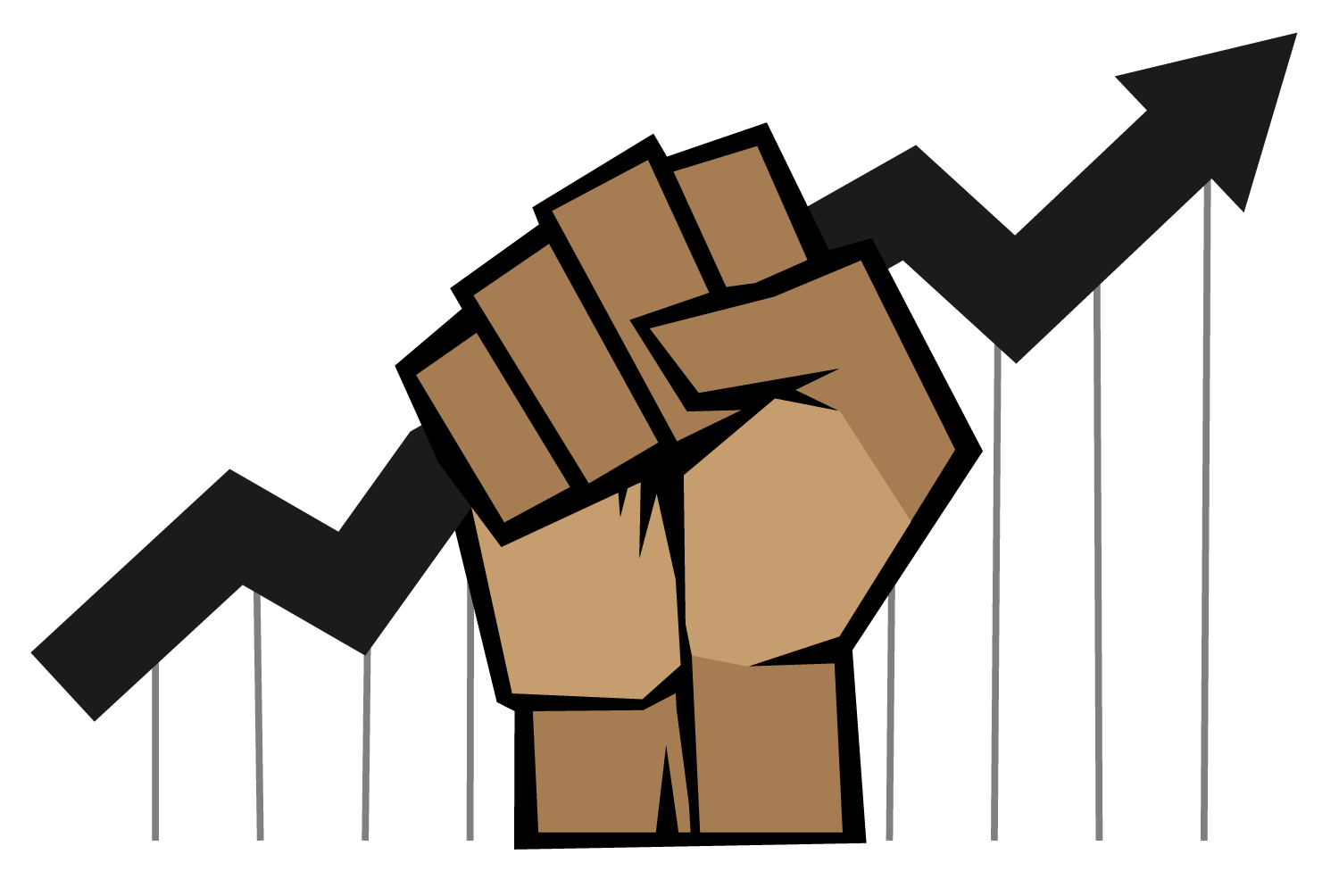Socialize The Stock Market
The public should hold shares and workers should sit on boards

Socialism is not a bad word anymore because social democracy has worked out well. Like a Toyota Prius, social democracy is a hybrid political engine. It runs capitalism alongside robust social welfare programs, with excellent results. Social democracies are the happiest countries on Earth and have not produced any major or even minor Stalins.
This is not, however, textbook socialism. Socialism means that workers own the means of production, and have control over their management. And this has been tried, usually to ill effect. In practice, this has meant nationalization of companies, which turns Animal Farm very quickly. Just another set of bosses. What I’m talking about is something completely different.
What if there was a simple intervention within the capitalist system that could deliver social control while increasing the health of the ‘free’ market? I think there is.
You don’t need to nationalize companies. Just nationalize the stock market.
Picture This
I don’t mean nationalize everything. Just, say, 20% of every publicly held company. These shares would be publically owned (literally). They would be held by a sovereign wealth fund. As the stock market goes up, dividends and returns will flow into this account. This money can either pay a Universal Basic Dividend to all citizens or fund social programs.
That’s the means of production gently seized, but what about management? To that end, the board of every public company should be at least 40% elected by the workers. This last part is actually uncontroversial. This has been the law in Germany since 1976 and their economy is doing pretty damn excellent.
This sort of nationalization accomplishes many things.
For one thing, it does not involve nationalizing the companies entirely and making them suck. It avoids the disaster of direct state control over stuff like toothbrushes and cars and just makes the public shareholders. Beyond that, the capitalist engine can run, individual firms can succeed and fail, etc. The public is exposed to the whole stock market and the state need not run any particular firm.
It also makes the stock market much closer to the economy, because everyone will indirectly own stock. Today people talk about the health of the stock market as if it matters to a country but it doesn’t, it only matters to the few people that own stock. In a socialized market, more people can benefit from the gains that have been flowing to the rich. More people having money also means healthier economies, healthier companies and, in turn, a healthier stock market. It’s a virtuous cycle.
This isn’t just an ‘overthrow the capitalists’ thing, socializing the stock market will improve capitalism. Indeed, it might just save it. Capitalism as it is demonstrably destroying the planet and creating dangerous inequalities. Left unchecked capitalism will overthrow itself. Socialization checks capitalism and makes it healthier, by giving stakeholders real stakes.
In the long term, a company with public shareholding is a better run company. A company with workers on the board makes better decisions. And we should aspire for the long-term because short-term profiteering has led to failing firms, planes that crash themselves, social instability, and the wholesale destruction of the environment.
This move also gets around the fact that big companies routinely avoid taxes to prioritize shareholder returns. If the public is shareholders, they still get their money, as dividends, share buybacks, etc. And workers on the board may just vote down that huge CEO bonus, or that decision to hide money in the Cayman Islands.
This level of socialization isn’t an especially new or dangerous idea. In parts, it has already been tried. Public pensions and wealth funds already hold significant amounts of shares. Workers on boards are, as mentioned, the law in Germany.
This isn’t a revolutionary idea. This is the necessary evolution of capitalism.
If You Can’t Beat ’Em, Join ‘Em
Capitalism should not be overthrown, because it’s the boat we’re in. But it must be steered. Capitalism left unchecked has been very bad at reducing inequality and protecting the environment, and has proved able to run circles around any attempts at regulation and taxation. The people and the workers have to stop being passengers on this ride and take the wheel. For the sake of us all, and for our children who would inherit this desecrated Earth.
So if you can’t beat ’em, join ’em. We should use the tools of capitalism — shareholders and boards — to share the means of production and have a voice in management. It’s a simple step that doesn’t require constant external regulation, just the standard oversight that shareholders and directors have.
Using the system, you change the system, in the language it understands, using the laws and institutions we have. This is a gradual change that improves the capitalist system. We’ll go from CEOs making meaningless commitments to ‘stakeholder value’ to CEOs that actually answer to public shareholders and workers on their boards. This won’t just lead to a better society. It’ll lead to better companies.
For the good of capitalism, it’s time for socialism. Give shares to the people, control to the workers, and socialize the stock markets. The mistake socialism made was seizing control of factories, which are not the means of production. They’re just tools. Capitalism is the means of production. We need to seize control of capitalism.